Basic subtraction Worksheets for Ages 3-6
7 filtered results
-
From - To
Discover our captivating Basic Subtraction Worksheets designed specifically for children ages 3-6. These engaging and colorful worksheets make learning subtraction fun and easy, laying a strong foundation in early math skills. Through playful exercises and visually stimulating activities, young learners will grasp the concept of taking away objects and understanding differences. Perfect for both classroom and home practice, our worksheets encourage critical thinking and boost confidence in math abilities. Empower your little math whizzes with the essential skills they need for future success in mathematics. Download today and watch your child's subtraction skills flourish!
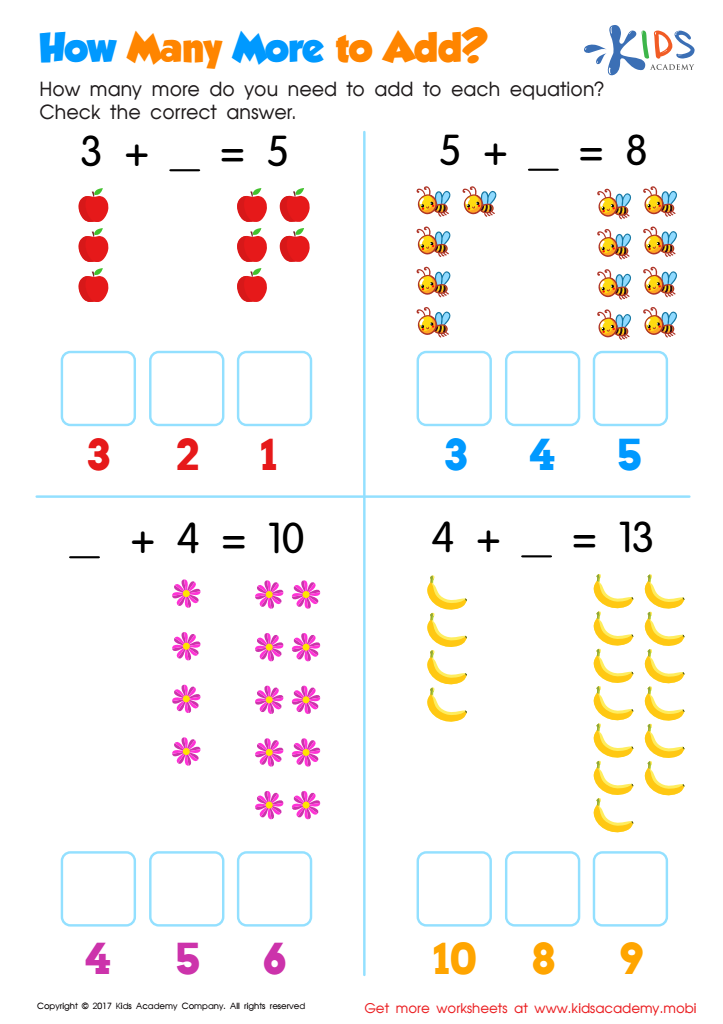

How Many More to Add Worksheet
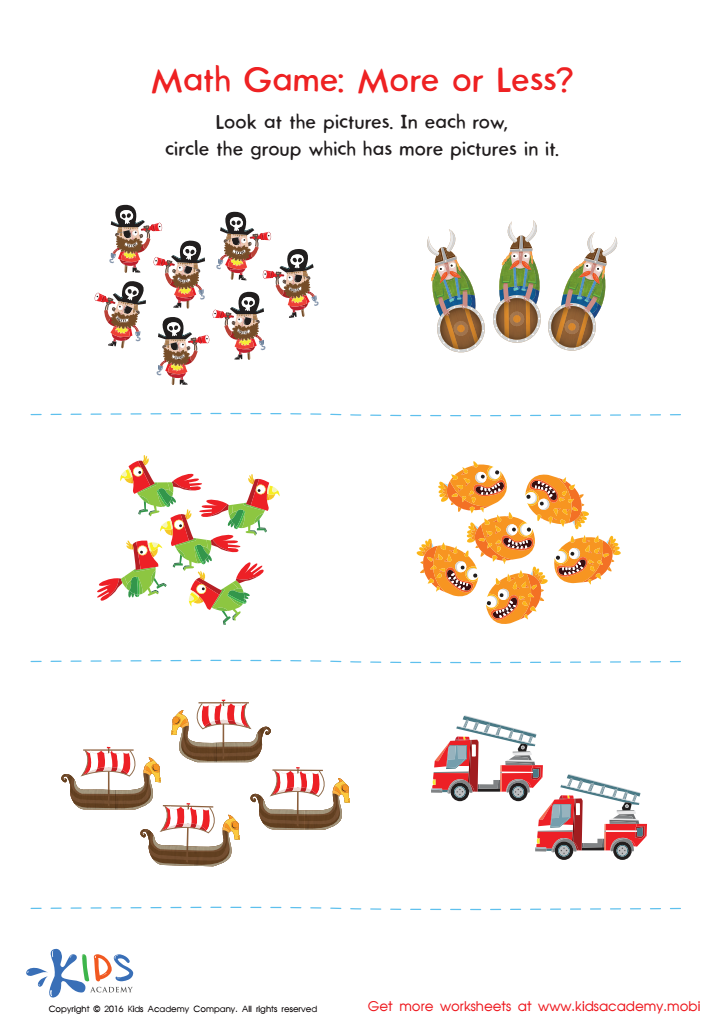

More or Less Worksheet
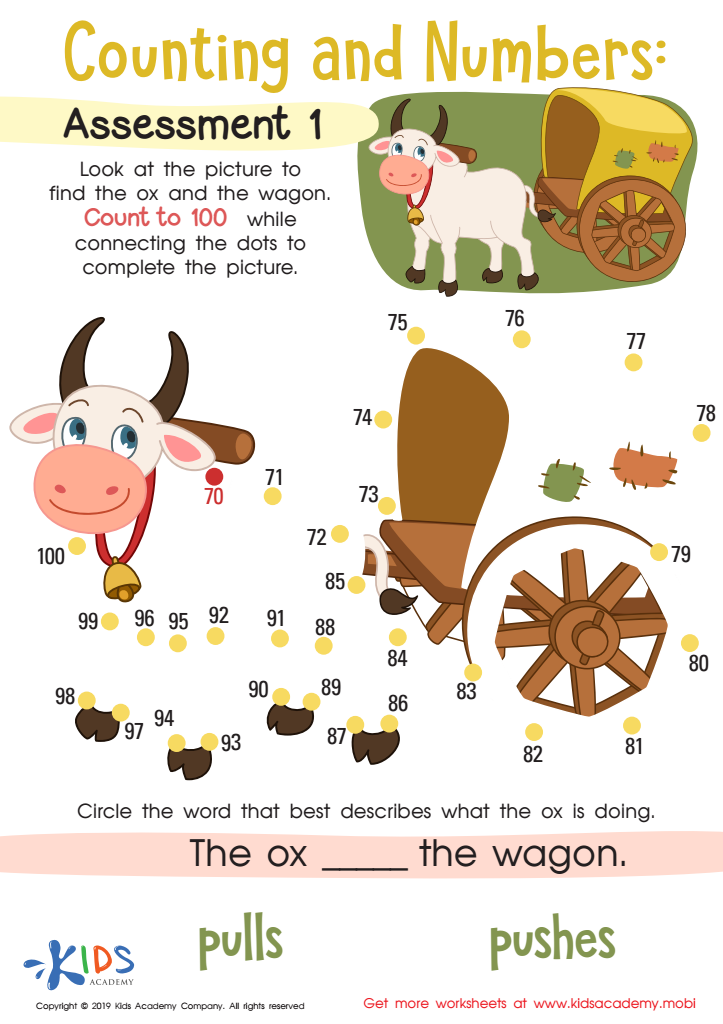

Counting and Numbers: Assessment 1 Worksheet
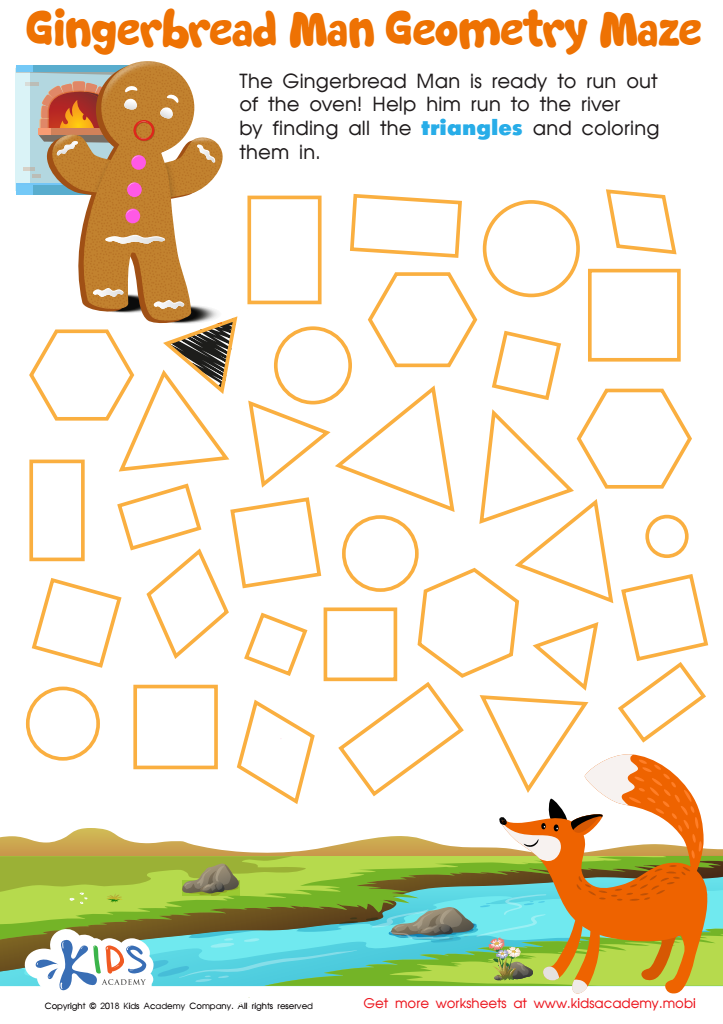

Gingerbread Man Geometry Maze Worksheet
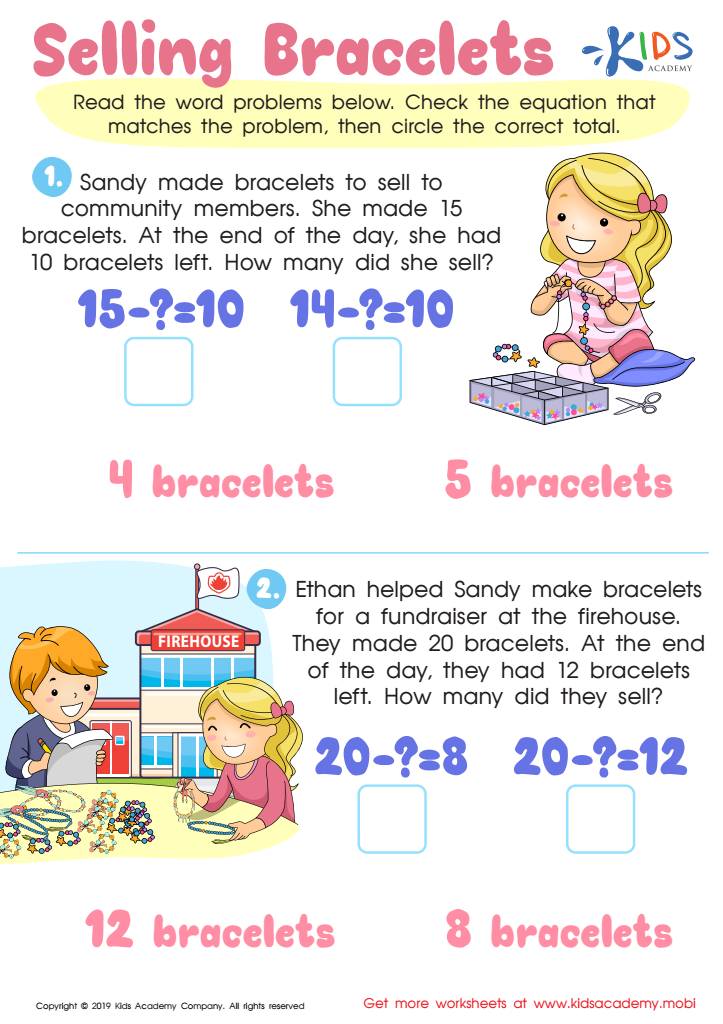

Selling the Bracelets Worksheet
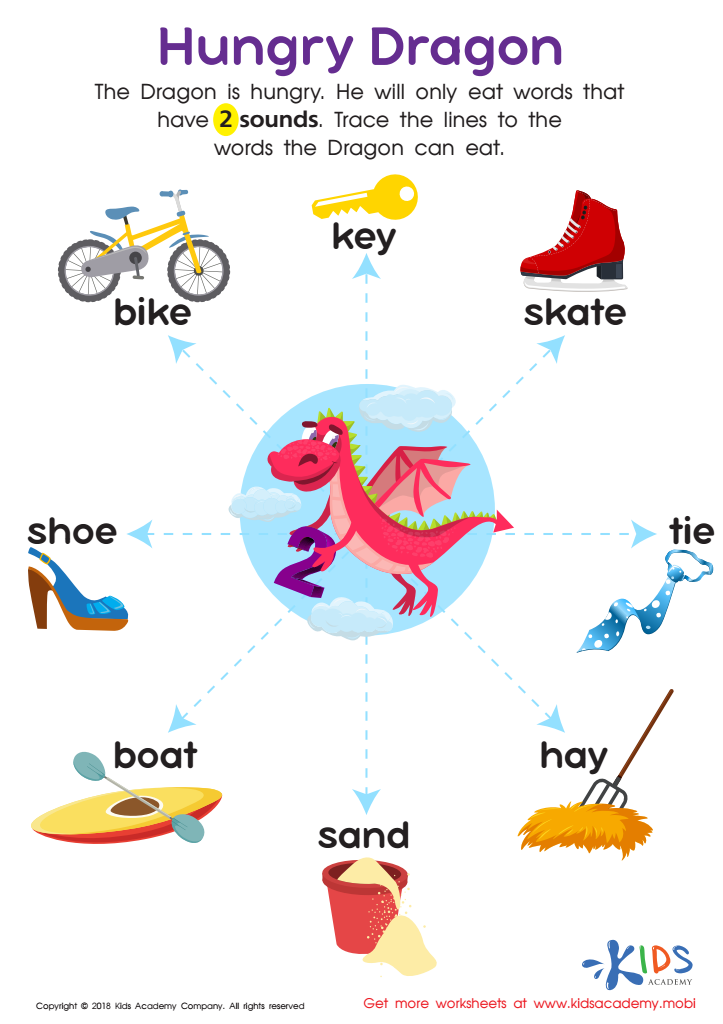

Hungry Dragon Worksheet
Parents and teachers should care about basic subtraction for children aged 3-6 because it forms a critical foundation for their early mathematical development. At this age, children's brains are highly receptive to new concepts, and introducing basic subtraction helps them understand the part-whole relationship crucial to many math skills. Early proficiency in subtraction also promotes numerical literacy, which is linked to academic success in later years.
Subtraction is more than just a mathematical operation; it teaches problem-solving skills and logical thinking. When young children learn to subtract, they develop the ability to think critically and assess different situations in everyday life. These problem-solving skills extend beyond the classroom and help in making informed decisions and understanding trade-offs.
Furthermore, learning subtraction within this age range can boost children’s confidence and interest in mathematics. A strong start can help prevent math anxiety, which is common in children who struggle with basic concepts later on. Creating a positive and supportive learning environment around subtraction can make math enjoyable and promote a lifelong interest in numbers.
Parents’ and teachers’ involvement in this learning process reinforces the importance of education and shows children that learning is a valued and crucial part of life. Consequently, foundational math skills like subtraction are investments in a child's future, shaping their academic and personal growth.
 Assign to My Students
Assign to My Students



















